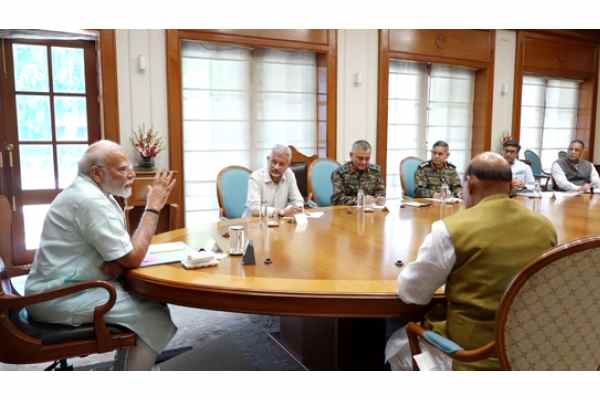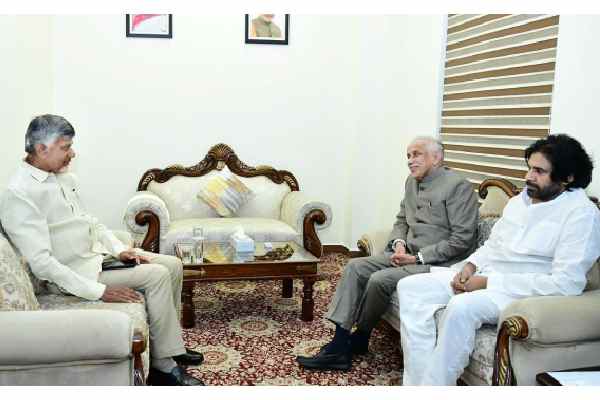The Trump administration has introduced a new set of stringent provisions to the H-1B labour application process under which the US employers must disclose the total number of foreigners already employed by them, making it tougher to sponsor fresh foreign workers.
The H-1B visa, popular among Indian IT professionals, is a non-immigrant visa that allows US companies to employ foreign workers in speciality occupations that require theoretical or technical expertise.
The new information required by the Department of Labour is significant because before sponsoring a foreign worker for the H-1B visa, the company needs to get its labour application approved by it.
The department certifies that there are no domestic worker for that particular position and as such the company can hire a foreign guest worker under the H-1B visa category.
The Labour Condition Application form updates will now require employers to provide more detailed information about H-1B worker employment conditions, including disclosing all places of employment for H-1B workers, including periods of short duration and providing the estimated number of H-1B workers at each place of intended employment.
It also requires the clear identification of secondary entities which are using H-1B workers and seeks H-1B dependent employers which are claiming an exemption solely on the basis of education, such as a master’s degree, to provide documentation of the degree.
Under the new forms, employers also need to give an estimate of the the total number of foreign nationals already working at each location listed in the application.
Further, revisions to the worker complaint form include added data fields designed to better describe the nature of an alleged programme violation, the department said in a statement on Tuesday.
To allow appropriate time for transition, the new forms will be made available for use in the coming weeks.
An announcement will be made on the Office of Foreign Labour Certification’s website identifying the date when they will be made available, it said.
Since 2017, the department has taken action to combat visa fraud and abuse and encouraged US workers to report complaints, including establishing protocols for promptly referring matters related to criminal fraud to the department’s Office of Inspector General for investigation.
It has also directed the department’s Wage and Hour Division to use all its tools in conducting civil investigations to enforce labour protections provided by the visa programmes.
Further it has signed an agreement with the US Department of Justice to promptly refer complaints from US workers who believe they have been discriminated against based on the nationality or citizenship.
According to the Society for Human Resource Management, the form changes are the latest in a series targeting employers who place foreign nationals at third-party worksites.
In a February policy memo, US Citizenship and Immigration Services (USCIS) required employers to provide detailed work itineraries for the entire duration of H-1B petitions involving offsite employment. An advocacy group representing small and medium size IT companies have filed a lawsuit against USCIS on this issue.
“Employers should expect renewed scrutiny on where H-1B employees are working, whether they are working at third-party sites and, if so, whether the arrangement is permissible,” said Justin Storch, director of regulatory affairs and judicial counsel at the Society for Human Resource Management.
“Given current scrutiny of H-1Bs, both petitioners and end users should be aware of what information is being disclosed on the forms and the fact that the Department of Labour is likely to make this information publicly available,” Storch said.

































